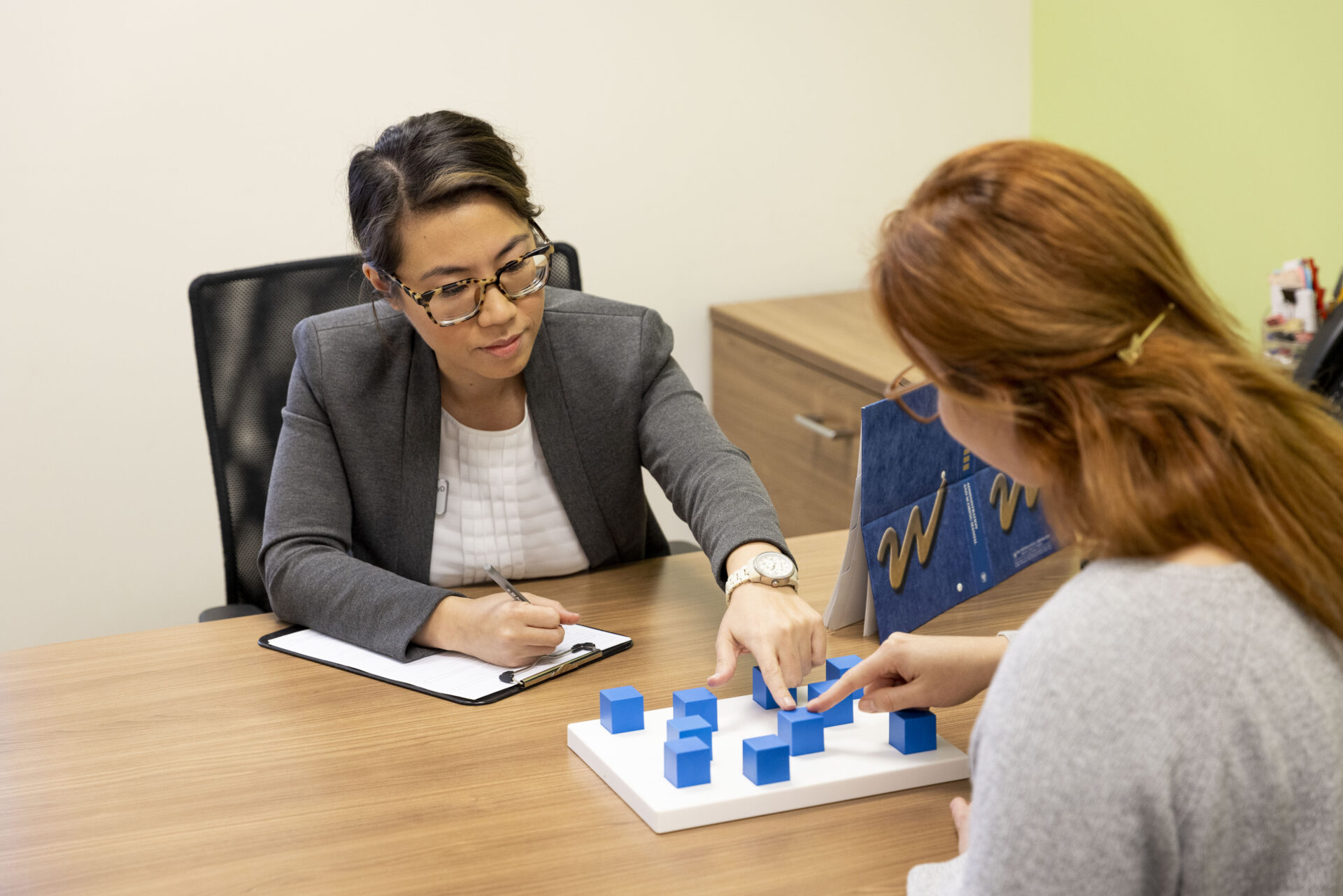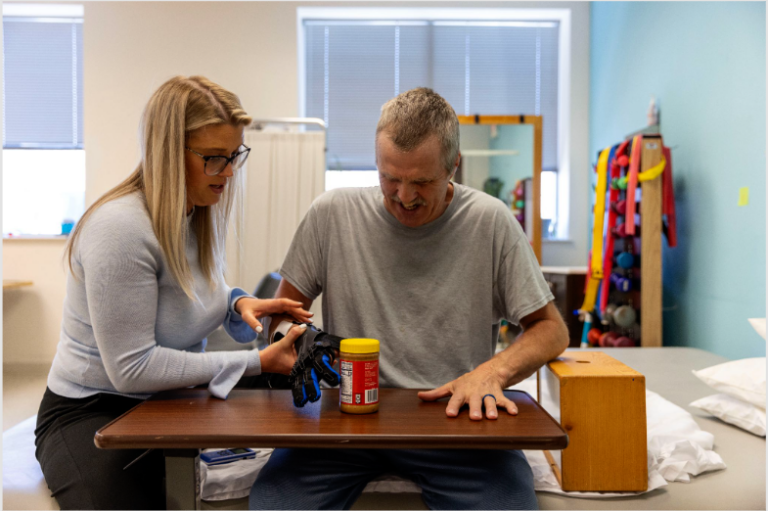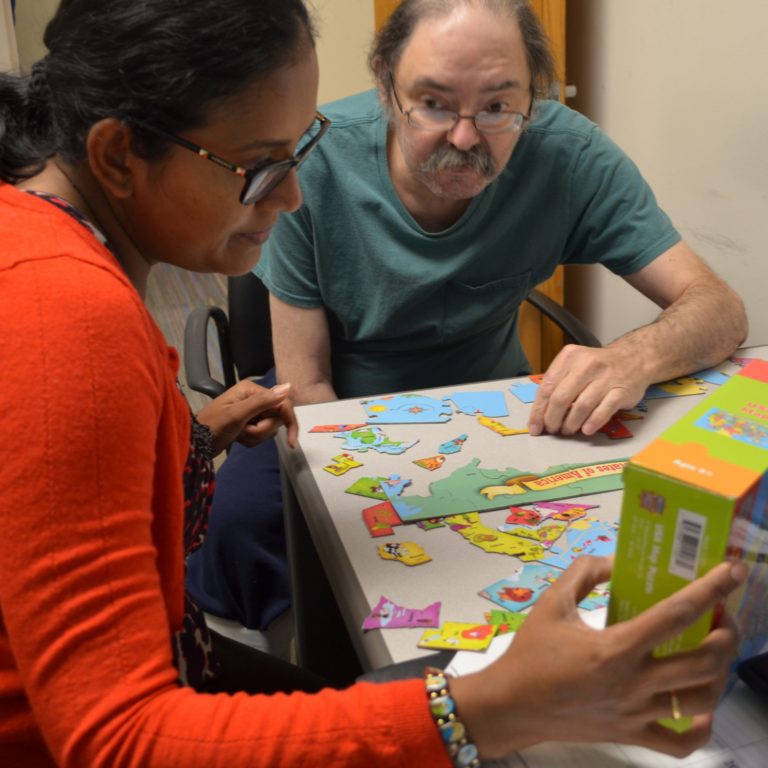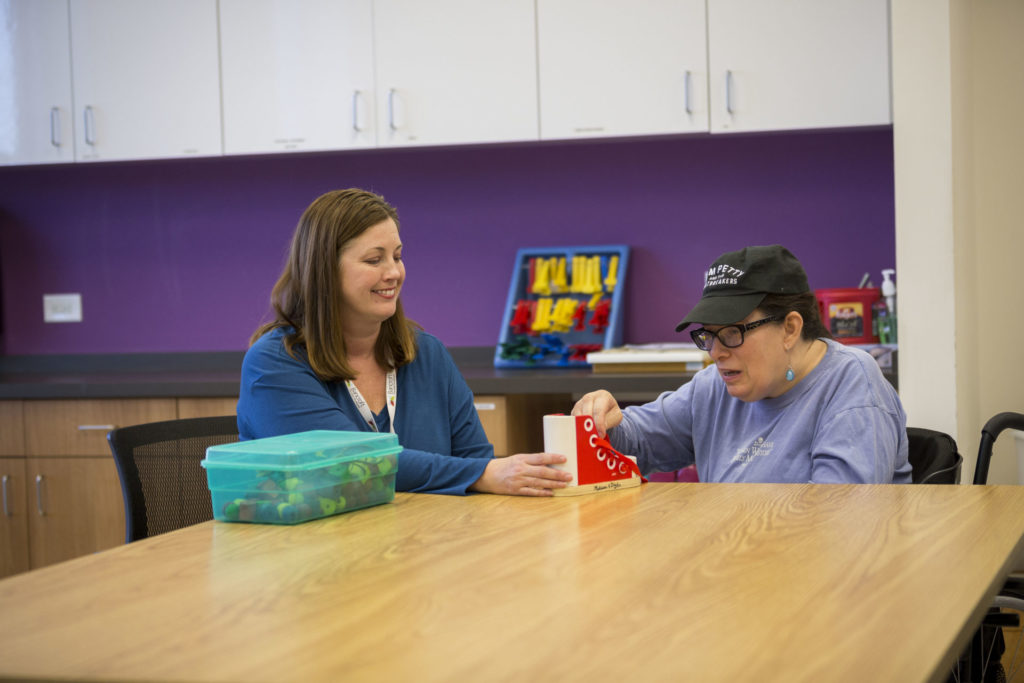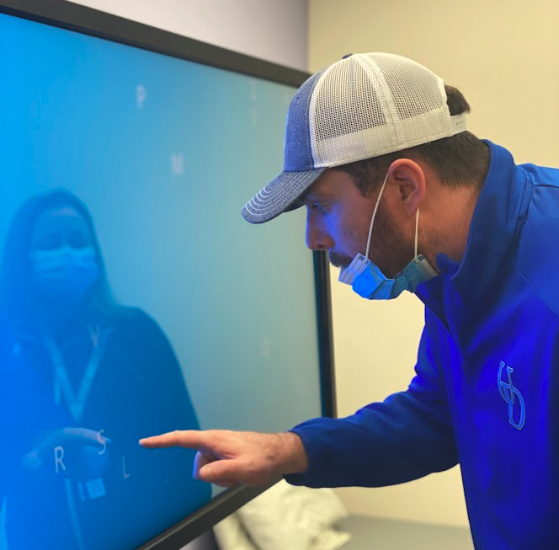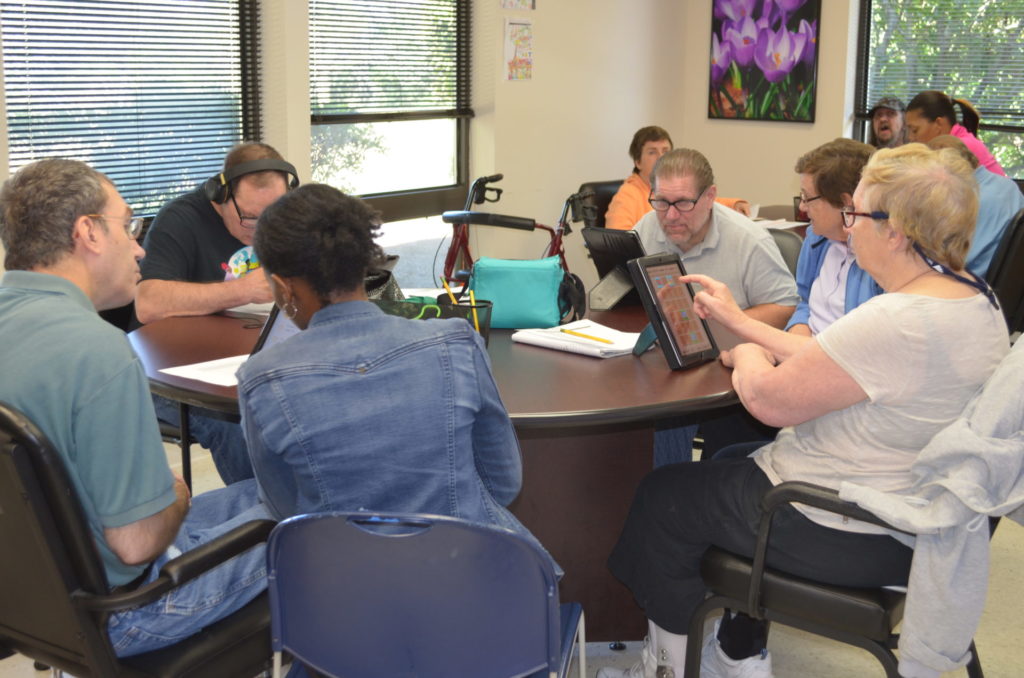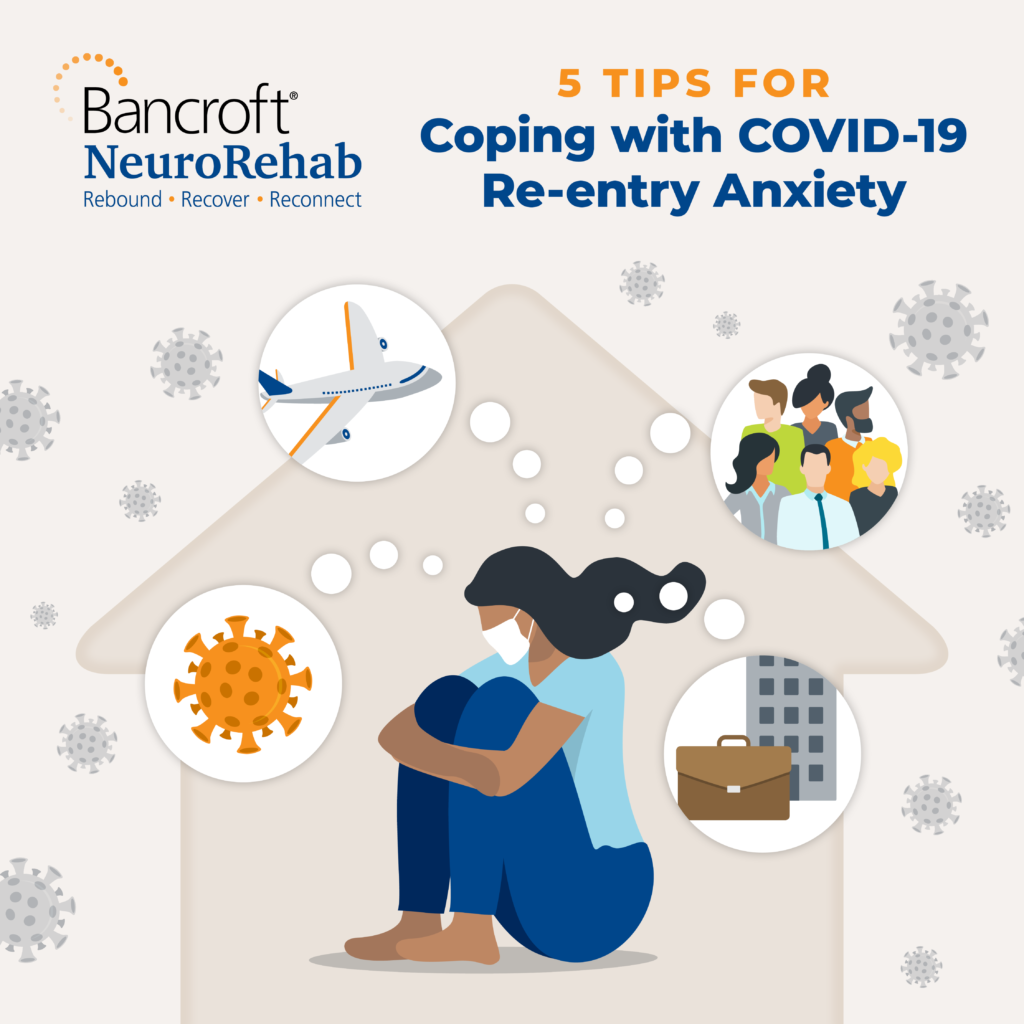As the region continues to implement more reopenings and opportunities to step outside our homes into the community, there is also a level of fear and anxiety that comes with it. For some, getting back to social events and outings remains scary. Sheryl Berardinelli, PsyD, ABPP, Senior Neuropsychologist and Board Certified Rehabilitation Psychologist at Bancroft NeuroRehab, provides the following insights as you prepare to go into the community in the weeks ahead.


By Dr. Sheryl Berardinelli
Rehabilitation Psychologist
1) Permit yourself to feel anxious
Understand that your feelings are natural, normal, and shared by many. This is a very unusual time, filled with uncertainty. It’s okay to be feeling anxious. A recent poll from WebMD readers (in early May) shows that 26% felt a sense of trauma from COVID-19, 25% were afraid to go to the store, and 15% were afraid to leave their homes. Of note, 77% had not sought counseling. However, it is important to know that most people find ways to cope, and feelings of fear will improve naturally over time. If the worry is beginning to negatively impact your health, well-being, and relationships, seek professional support.
2) Tolerate uncertainty
As our community reopens, it comes with some amount of risk. Many of us are dealing with the question: How much of that risk am I willing to tolerate? It’s helpful to accept that there are unknowns and to acknowledge our emotional response to uncertainty. Just because we feel anxious, doesn’t necessarily mean that something dangerous will happen.
3) Ease your way into re-entry
Exposing yourself to the elements a little bit at a time could help reduce some stress and worry. If you’re nervous about leaving your home, you could start by taking a walk with a mask in your neighborhood. Then, you might try chatting with a neighbor while maintaining proper social distancing, and progress to walking at the park, then a drive-thru/curbside food or grocery pick-up. Eventually, you might try shopping for your groceries in the store. Ease your way into a more public place while maintaining proper social distancing.
4) Focus on the facts
Focusing on the facts can help you make informed decisions as you resume normal activities. Make sure you’re getting COVID-19 information and recommendations from trusted sources, such as the CDC and your state and local health departments.


5) Practice mindfulness
Engage in healthy routines, including mindfulness, which is the practice of nonjudgmentally acknowledging your emotions. At the same time, be mindful of habits that worsen our mental health and physical well-being, such as avoidance, or poor sleep routines.
Related Articles
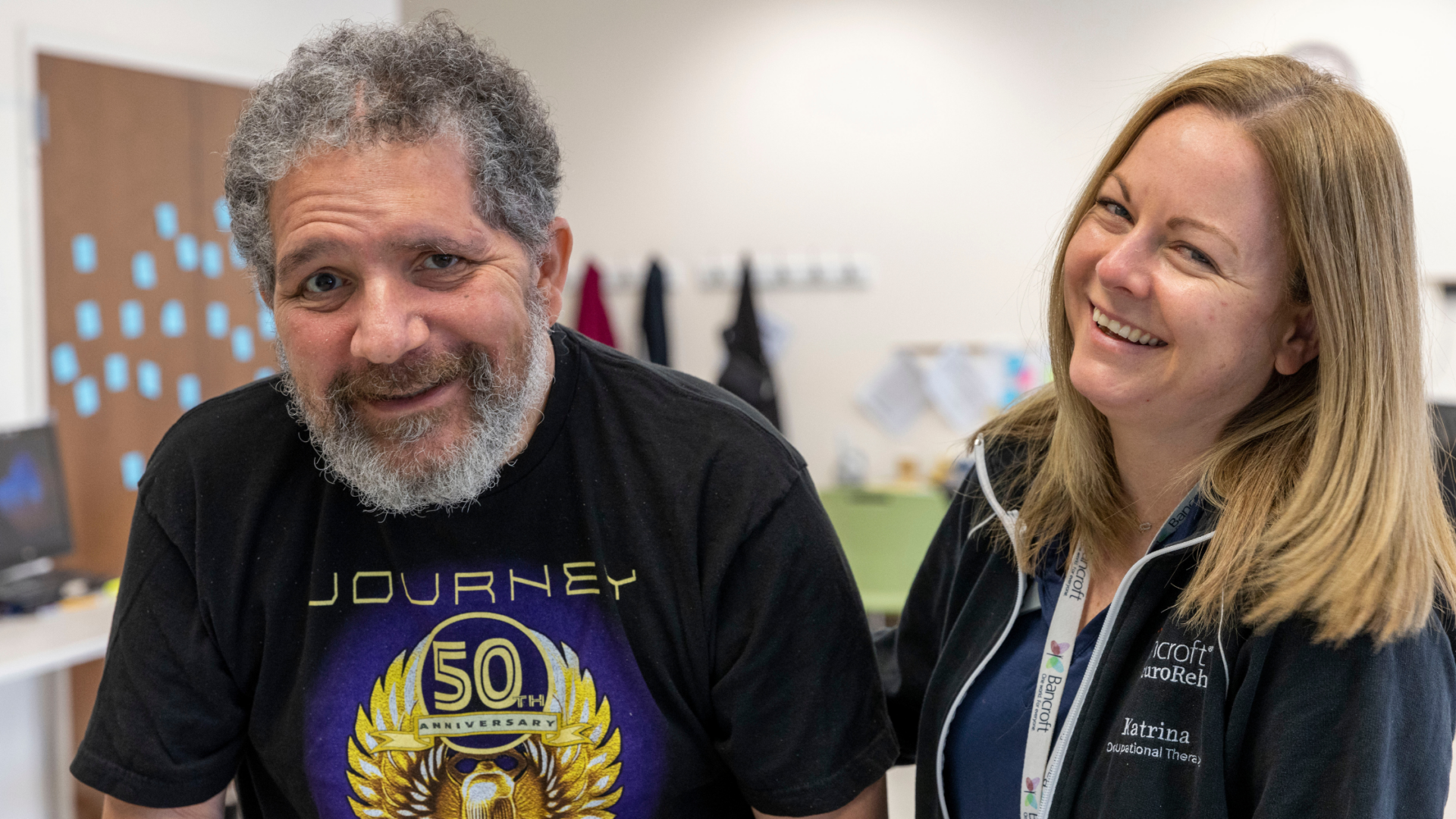

What is Aphasia?
Michelle Valente, M.A., CCC-SLP, Bancroft NeuroRehab Outpatient Program Director and
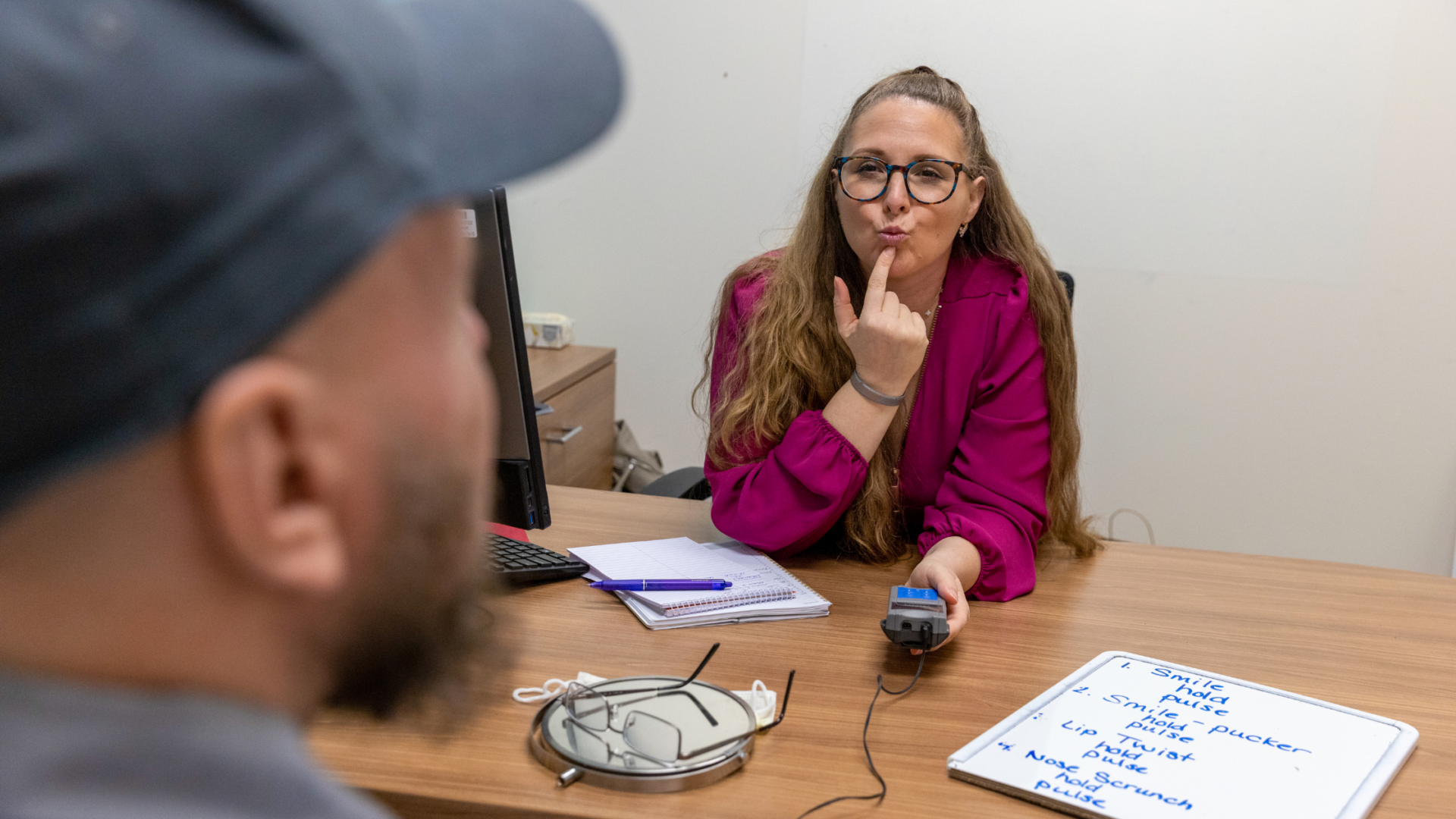

10 Tips for Supporting a Loved One with Aphasia
Learn practical ways to support a loved one with aphasia


Home Therapy Made Simple: Practical Tips for Stroke Recovery
Recovery doesn’t stop when formal therapy ends. In many ways,



